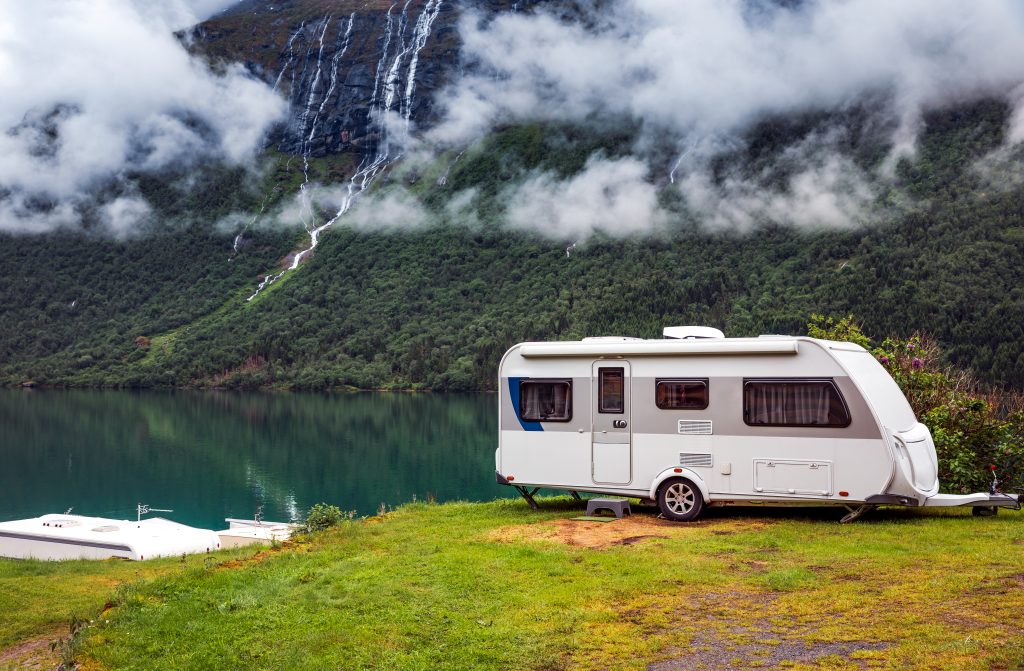As Queensland continues to lead in fire safety regulations, it’s critical for caravan owners to stay ahead of legislative requirements – especially with the increasing use of caravans as permanent or semi-permanent dwellings. Whether you’re a traveler or a site manager, here’s what you need to know to stay compliant and protected.
Legislation Overview
Under Queensland’s Fire and Emergency Services Act and Building Fire Safety Regulation, all domestic-style accommodation – including caravans and campervans that have sleeping areas – must have smoke alarms installed. This requirement is aligned with national safety priorities and tailored to the compact and high-risk nature of caravan environments.
What Type of Smoke Alarm Is Required?
To meet compliance:
- Photoelectric smoke alarms are mandatory. They detect smouldering fires early and are not prone to false alarms caused by cooking fumes or steam.
- Alarms must comply with Australian Standard AS 3786–2014.
- They should be either:
-
- Hardwired to the caravan’s power supply with battery backup, or
- Powered by a 10-year, non-removable battery.
Ionisation alarms are no longer acceptable due to their slower detection of smouldering fires.
Where Should They Be Installed?
- Minimum requirement: One smoke alarm must be installed on the ceiling, centrally located within the caravan’s sleeping area or between multiple sleeping areas.
- Avoid placing alarms near cooking appliances or air vents to reduce nuisance triggering.
- Alarms must be easily accessible for testing and maintenance.
Who Is Responsible?
- Caravan owners are responsible for installing compliant smoke alarms.
- For rental caravans, the owner or operator of the park must ensure compliance before letting out the vehicle.
- Alarms should be tested and maintained regularly, with replacements required before expiry or if faulty.
Compliance Deadline
While broader residential compliance deadlines are clearly set (e.g., January 2027 for all homes), caravan owners must ensure immediate compliance upon sale, lease, or occupancy. Fire safety checks may be conducted by QFES or local council officers.
Safety Isn’t Optional
The confined space and limited escape routes of caravans make early smoke detection critical. Failing to comply can result in fines and increased liability in the event of a fire.
Final Thoughts
Queensland’s proactive stance on fire safety means your smoke alarm setup must be current, compliant, and functional. Whether you’re buying, leasing, or traveling, ensure your caravan meets all legal smoke alarm requirements – because when it comes to fire safety, there’s no second chance.
